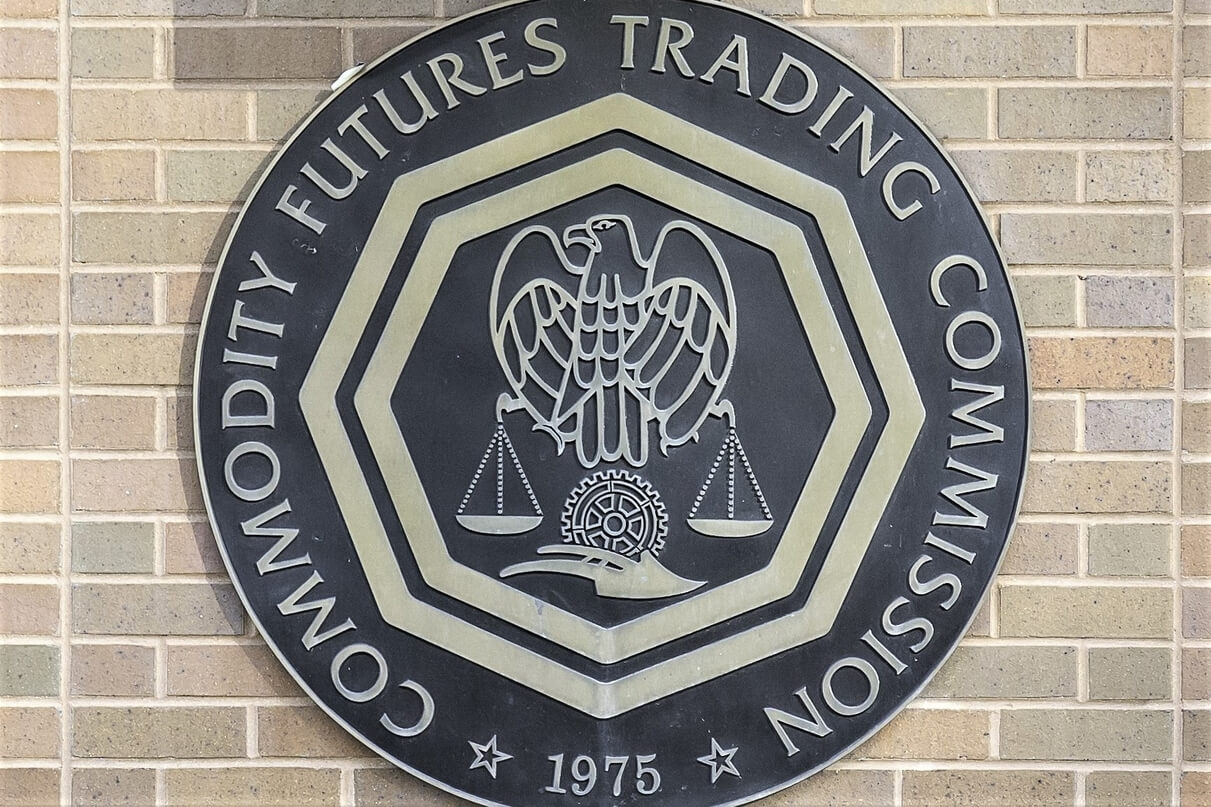
Only bitcoin (BTC) should be considered a commodity for regulatory purposes, and not ethereum (ETH), Rostin Behnam, chair of the Commodity Futures Trading Commission (CFTC), said in a recent speech.
The view that BTC is the only cryptocurrency that can be considered a commodity is of major importance for the crypto space, and could potentially spell trouble for ETH and other tokens going forward. It also contradicts previous remarks from Behnam, who in October suggested that ETH could also be a commodity.
During the event, Behnam commented on his experience working with bitcoin as a regulator, and admitted that the asset is difficult to regulate within the current framework.
“[Bitcoin is] unlike any commodity we have dealt with,” Behnam said.
If ETH is instead deemed a security for regulatory purposes, a stronger regulatory crackdown on both ETH as well as nearly all other altcoins can be expected from US regulators. Such a scenario has long been feared in Ethereum circles, although it remains unclear exactly how it would affect the Ethereum project and the price of ETH.
The Ethereum Foundation, which funds much of the development that happens on the Ethereum network, is not based in the US, but instead registered in Switzerland. Additionally, much of the trading in ETH and other altcoins happens on offshore exchanges that are not regulated in the US.
Blurred lines between regulators
In his remarks, the CFTC chair further admitted that the matrix between regulators is an “imperfect system.” Still, he maintained that collaboration between the different regulatory agencies in the US is good.
The two most important agencies for regulating crypto in the US is the Securities and Exchange Commission (SEC), led by the noted crypto-critic Gary Gensler, and Behnam’s CFTC. Traditionally, CFTC has been tasked with overseeing futures trading of commodities, while the SEC was in charge of the stock market and other spot markets.
With bitcoin’s status as a commodity which trades in both spot and derivatives markets offshore and onshore, however, lines between the regulators have become somewhat blurred. Last year, Behnam asked Congress directly to expand his agency’s authority to cover the digital asset market, saying he would seek to “protect customers and strengthen market resiliency.”
At the same time, the SEC’s Gary Gensler has also indicated that he wants greater authority for the SEC to regulate crypto.
Prominent crypto investors in attendance
The latest remarks from Behnam were made on Wednesday at Princeton University’s new blockchain-focused institute DeCenter. Present in the audience were several prominent figures from the crypto community, including Joseph Lubin, Mike Novogratz and Dan Morehead.
FTX founder Sam Bankman-Fried, who was scheduled to be the keynote speaker at the event, did not appear. Instead, a panel discussion on “the demise of FTX and other crypto entities” was held.



















